Another reason black folks’ accents be so thick
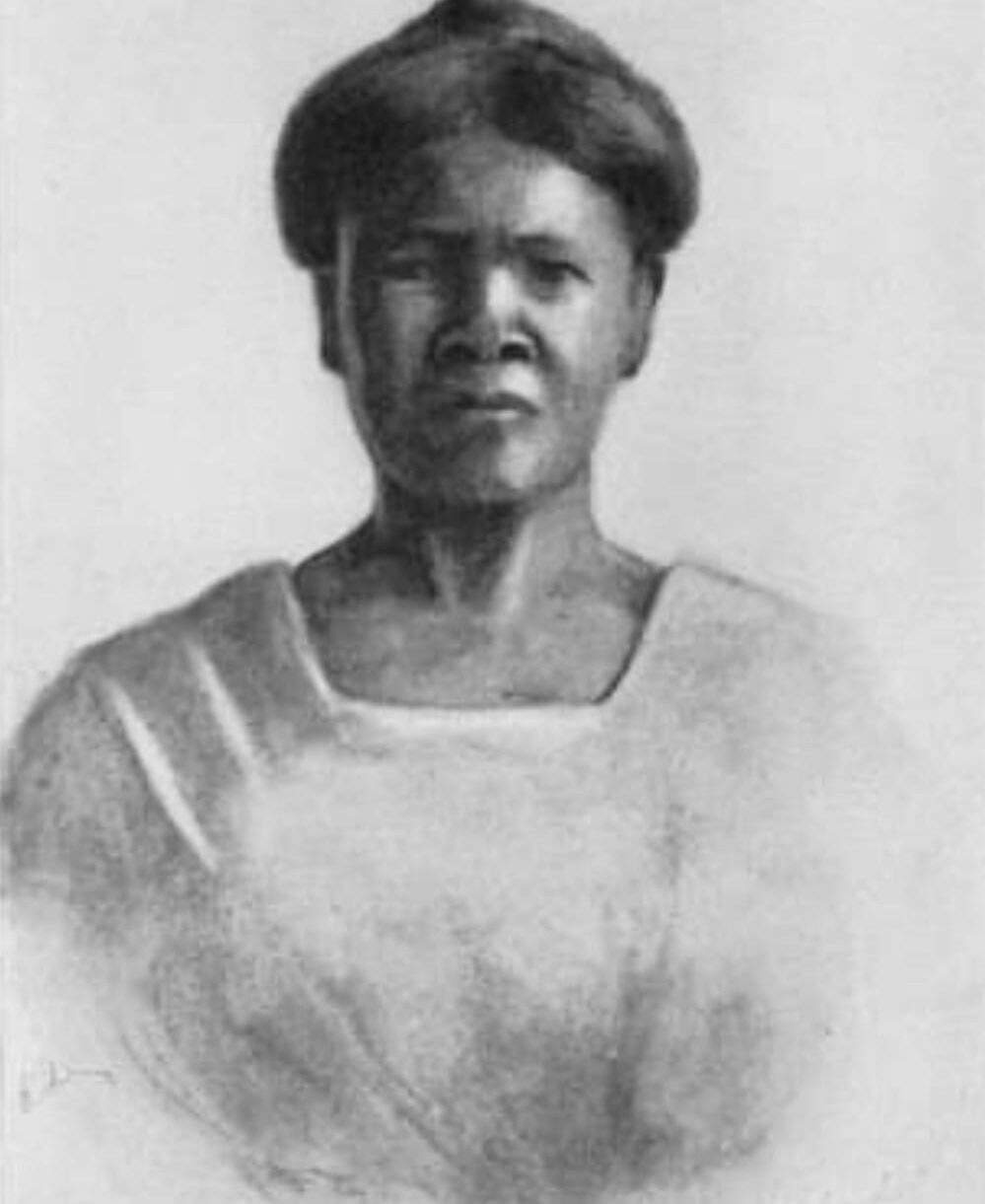
A lot of us just got here.
While researching my family’s history back in 2016, I learned that my great-grandmother on my mama’s side was born in Alabama. I read everything I could get my hands on about that particular county in Alabama, and that’s when I learned about Cudjo Lewis.
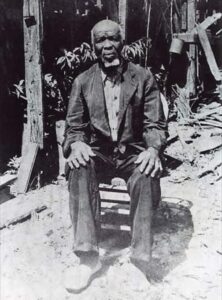
Cudjo was born and raised in West Africa. Benin to be exact (which is where a lot of my ancestors were taken from). When he was about 19 years old, he was sold into slavery by other Africans and brought to the U.S. on a ship called The Clotilda on July 9th. A total of 110 of ’em were brought over.
This happened in 1860, so it was actually illegal. In 1808, the federal government said NO to bringing in any more Africans. Slavery was still legal though. As long as they were already here, it was fine. Bringing ’em ‘cross that water was illegal though.
Slavery as a whole was outlawed in 1865. Emancipated! So The Clotilda’s trip was not only legally and morally wrong, but it was a horrible investment. Five years after buying these people, they had to free ’em.
Their lives were very well-documented. Zora Neale Hurston interviewed Cudjo and wrote a book about it and, despite her publishers telling her to edit Cudjo’s dialect, she didn’t.
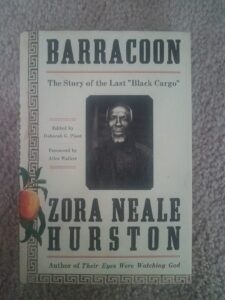
What fascinated me about slave narratives was that I got to read the stories of formerly enslaved people after they were freed, in their own words. In those stories, some of ’em would talk about their parents and grandparents who were born in Africa.
What dropped my jaw about Cudjo, though, is that because he was brought over so late, he experienced life in Africa, slavery in the United States, Emancipation, and Reconstruction. And he experienced ALL OF THAT as an adult.
So his stories weren’t passed down or vaguely remembered because he was so young. Nah, he remembered all of it very well.
I was determined to visit all that was left of Cudjo in Africatown, Alabama. So in 2017, I went. (Now imagine how shocked I was when the book dropped the following year. I be tapping into Zora and she be talking back.)
I’m a firm believer that whenever there’s one of something, there’s more. If there’s a few, there’s a bunch. Sure enough, not long after, I learned about The Wanderer.
The Wanderer was a ship that was originally owned by a white man in New Orleans. Then a white man in Charleston bought it from him. The man from Charleston met up with a white man in Savannah and they made plans to go get some slaves.
On July 4, 1858, they set sail. They brought back 487 Africans and landed on Jekyll Island, which was private property back then. They sold ’em to slaveowners in Savannah, Augusta, South Carolina, and Florida.
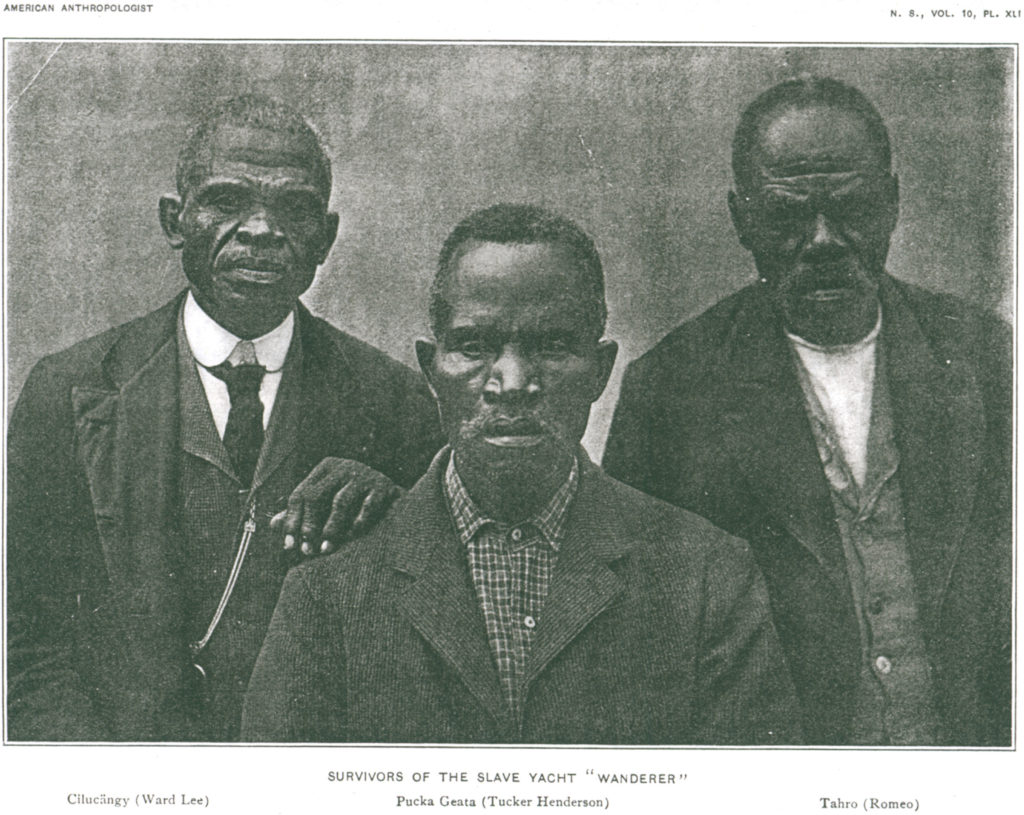
This was another illegal and horrible investment, for the same reasons The Clotilda’s trip was. The Wanderer was mo famous than The Clotilda though because it ended up in court after being discovered. The case was talked about all over the country and made the beef between the North and the South even worse. Even President Buchanan had opinions about it.
The two defendants–Charles Lamar from Savannah and William Corrie from Charleston–had a helluva lawyer named George Owens who got ’em off the hook. None of ’em had an ultimate happy ending though.
Three years after the case, Owens was committed to an asylum where he died; Lamar was killed in the Civil War; and Corrie died of alcoholism alone in a hotel shortly after the Civil War. Even the ship had a bad ending, sinking off the coast of Cuba with a cargo of fruit in 1871.
None of this was really that long ago. Cudjo nem was brought over on The Clotilda 160 years ago. Cilucängy nem was brought over on The Wanderer 158 years ago. So we gotta stop referring to the way we talk as improper or broken. Our accents so thick because, well…a lot of us just got here.
If you like this post, you’ll love the book. Get yours. If you wanna keep content like this coming, make a one-time CashApp investment at $TrelaniMichelle, or become a monthly patron.


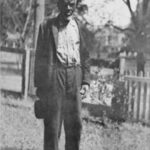
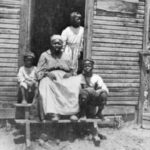
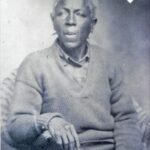
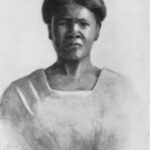
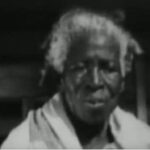
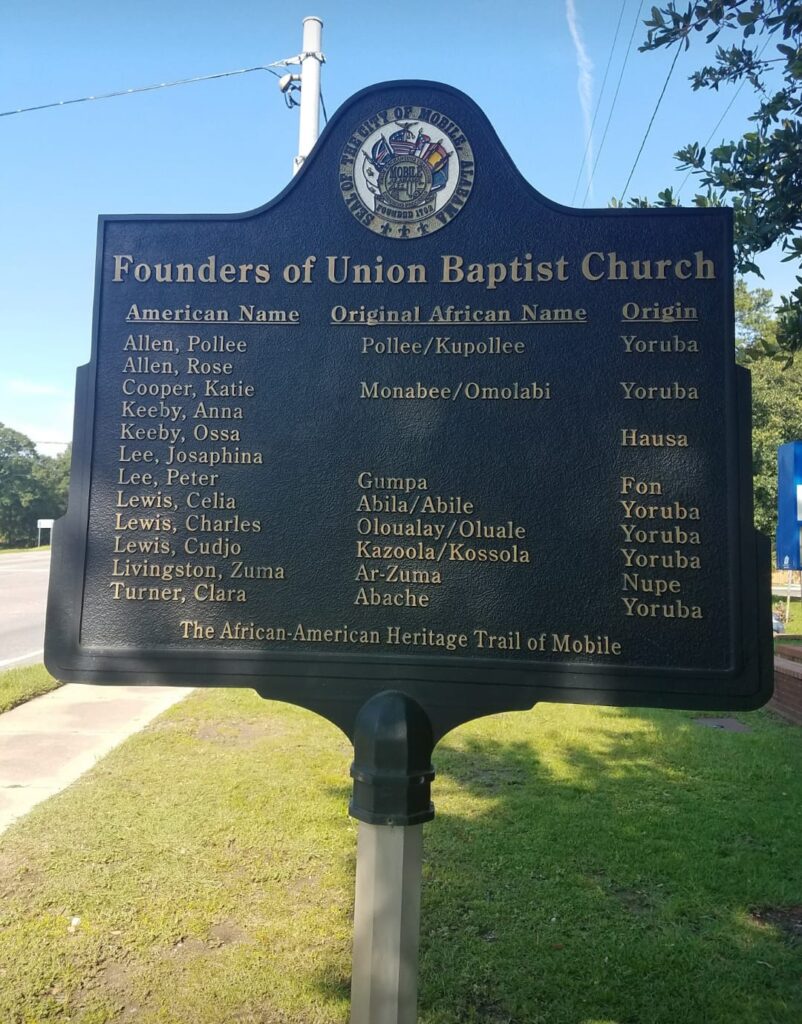
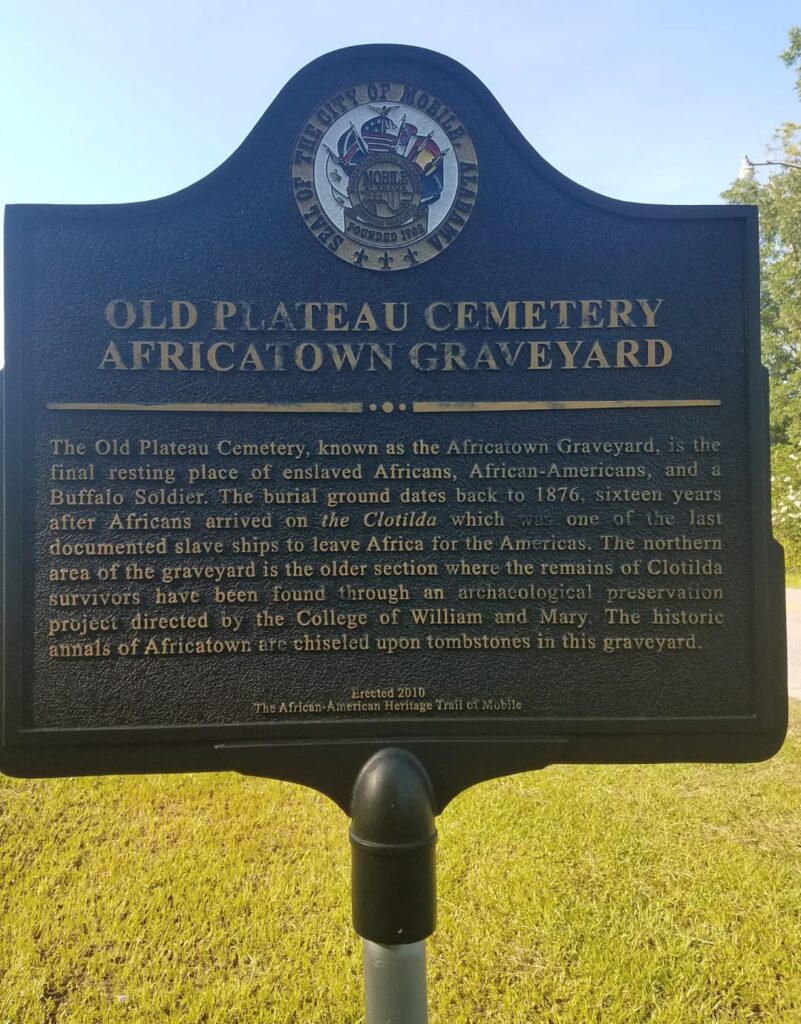

That book id a real page turner. If you love reading about real black history, I recommend getting a copy of Krak Teet.
I couldn’t agree more. Some of us did just get here. Thanks for reminding us of that fact.